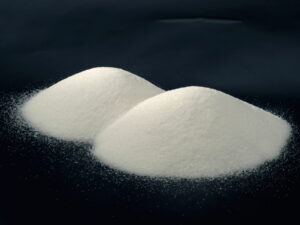
Given its relationship to cardiovascular disease and premature death, researchers hypothesized that higher sodium intake would be associated with a lower life expectancy. They analyzed sodium consumption and life expectancy data in people across 181 countries.
Unexpectedly, the results showed that there was a positive correlation between sodium intake and life expectancy and a negative correlation between sodium intake and all-cause mortality. In other words, higher levels of sodium consumption were actually associated with longer survival. This trend, which was found worldwide, also held when high-income countries were considered alone.
These data suggest that dietary sodium may not be a major culprit for premature death. However, as the authors note, it is important to recognize that these data are observational and not based on well-controlled studies that can provide clear answers as to how sodium intake directly affects health and thus should not be used as a basis for nutritional interventions. Nonetheless, these data highlight the importance of more work in the area of dietary sodium intake to help us understand the potential health benefits and risks associated with this substance, which is a key ingredient in so many of our foods.
Reference
Messerli FH, Hofstetter L, Syrogiannouli L, et al. Sodium intake, life expectancy, and all-cause mortality. European heart journal. 2021;42(21):2103-2112. doi:10.1093/EURHEARTJ/EHAA947
